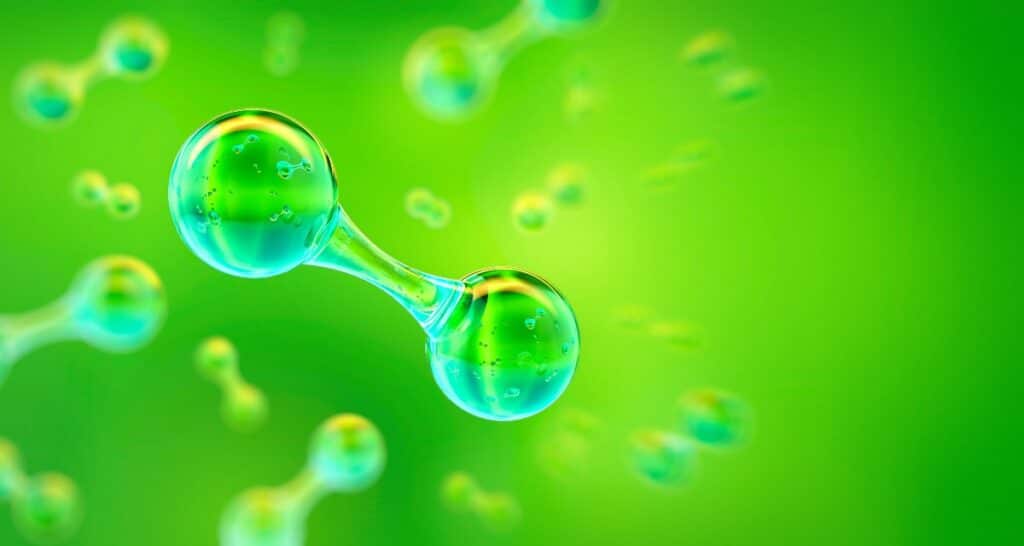Fortescue and global investor Actis have been awarded the exclusive rights to develop, build, own and operate a large green hydrogen project in Oman via a consortium.
The hydrogen project is currently in the feasibility stage and is expected to involve construction of up to about 4.5GW of wind and solar renewable energy resources, which will power electrolysers with potential to produce up to 200,000 tonnes of green hydrogen per year.
The green hydrogen will then be sold to local industrial off takers and processed into derivatives such as green ammonia for exporting from the port of Salalah.
The consortium was chosen as the winner of the second round of a green hydrogen tender process by Hydrom – an independent entity founded by the Omani Government – at a signing ceremony held in Muscat on April 29.
“Actis and Fortescue are completely in sync with our ambitions to decarbonise and create a new green energy industry globally,” Fortescue president of Middle East, North Africa and Central Asia Moataz Kandil said.
“We share a common vision for the pivotal role that green hydrogen and green ammonia will play in forging a sustainable future. Oman not only has great natural resources, but it is also in an ideal location for export and has set up the structures and regulations needed to help enable this industry to flourish.
“This strategic partnership between Hydrom, Actis and Fortescue will not only help to drive the development of a large-scale green hydrogen project in Oman, but will lead the way for others around the world to follow, cementing Oman as a powerhouse in green molecules.”
Omani Energy and Minerals Minister and Hydrom chairman Salim bin Nasser bin Said Al Aufi congratulated Fortescue and Actis on the winning.
“The availability of renewable natural resources in Oman coupled with the country’s favourable geopolitical positioning, investor-friendly policies and progressive energy transition strategies make it one of the most suitable countries for green hydrogen production,” Al Aufi said.



